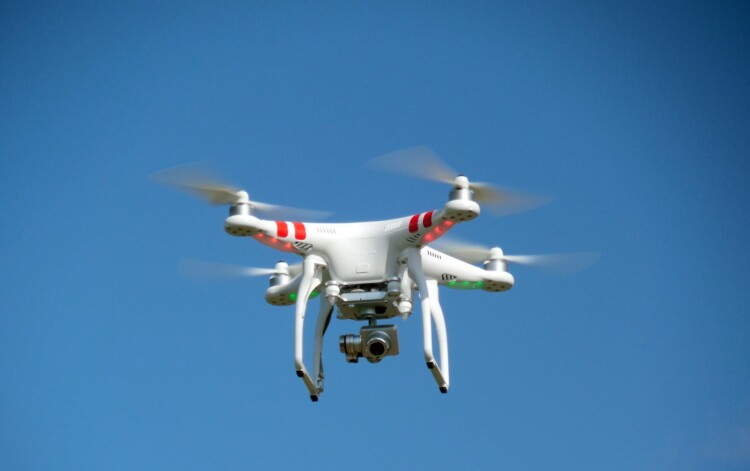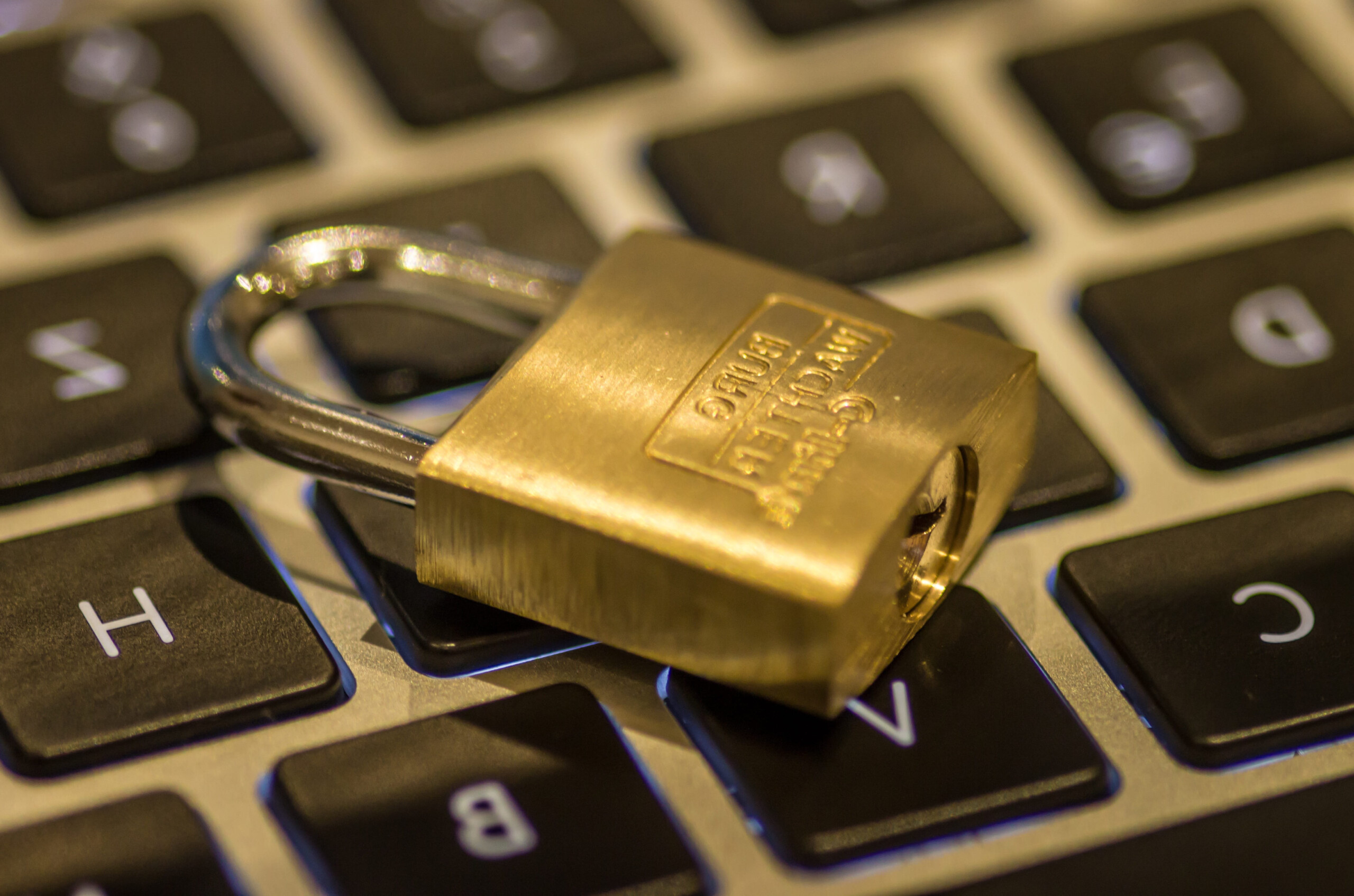He unveiled extensive digital surveillance programs where governments, notably the U.S., monitored potential threats and ordinary citizens. This massive scale of data collection blurs the traditional lines.
It forces us to ask: In an era where a single program can tap into millions of phone records, where do we draw the line between national security and an individual’s right to privacy?
The morality of espionage now grapples with unprecedented digital dilemmas.
Everyday Surveillance: It’s Closer Than You Think

Debates about the morality of espionage often play out on the global stage. But the truth is that digital surveillance intersects with our daily lives.
In 2019, information came to light about companies like Amazon and Apple having human reviewers listening to user voice commands to their virtual assistants.
Remember those uncannily accurate ads on your social media feed after a casual chat about a product? Companies like Facebook have faced scrutiny for data collection practices. It includes using “like” buttons on third-party sites to track users.
These aren’t mere coincidences but targeted algorithms at work. It capitalizes on the troves of data we produce daily.
Such extensive data trails are invaluable for marketers and those navigating the murky waters of modern espionage. The morality of espionage, in this context, hits closer to home than many realize.
Setting Boundaries in a Digital World
Setting clear boundaries in our digital landscape is more important than ever. Intelligence agencies like the NSA in the U.S. or GCHQ in the U.K. work tirelessly to ensure national security. But there have been instances of overreach.
Take, for instance, the 2013 revelations by Edward Snowden, highlighting the extensive reach of surveillance programs like PRISM. This spotlight on surveillance intensified the global debate.
On one hand, the European Union introduced the General Data Protection Regulation (GDPR) in 2018, setting strict data collection and usage guidelines. Conversely, tech giants like Apple have increasingly highlighted their commitment to user privacy, emphasizing data transparency and user control.
Finding the right balance is vital in navigating the intricate web of digital rights and national security. Determining where to draw the line ensures that the morality of espionage remains at the forefront of our digital age discussions.
Reimagining the Morality of Espionage for the 21st Century
As we navigate the complexities of this digital age, the morality of espionage remains at the forefront of many discussions. How we adapt and redefine this morality will shape the future of intelligence and the digital world we want to live in.
The conversation is ever-evolving. We all must participate, ensuring a fair and balanced digital landscape for future generations.











COMMENTS